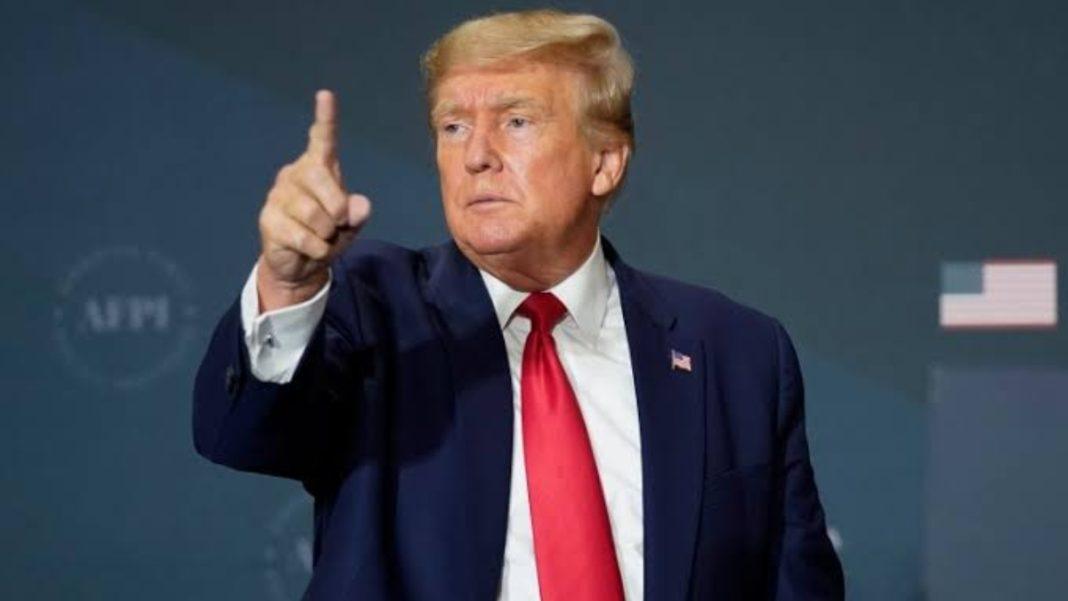LONDON: Pakistan Muslim League-Nawaz (PML-N) supremo Nawaz Sharif said that the statements attributed to him about Prime Minister Shehbaz Sharif are negative, wrong and misleading.
In a Twitter post, Nawaz Sharif called the statements ‘negative, misleading and incorrect.’
“I remain hopeful that the sincere and tireless efforts by SS under the most challenging circumstances will bear fruit and he will steer the country out of the mess created by Imran Khan,” he tweeted late Thursday.
Nawaz Sharif said he hopes that PM Shehbaz’s tireless efforts, in an extremely difficult situation, will bear fruits and he [Shehbaz Sharif] will steer the country out of the crisis created by Chairman PTI Imran Khan.
Senior analyst Suhail Warraich has revealed, while speaking in the Geo News programme “Aaj Shahzeb Khanzada Kay Sath” on Thursday, that Nawaz Sharif is satisfied with the performance of neither Shehbaz Sharif nor Finance Minister Miftah Ismail. Warraich said Nawaz wants Shehbaz to review his policies.
Warraich said Nawaz repeatedly asked him to call on Shehbaz Sharif and say to him to revisit his economic policies. “Shehbaz Sharif should take the public into confidence about his economic policies.”
Replying to a question regarding his meeting with Nawaz Sharif in London, Warraich said that Nawaz Sharif is absolutely unhappy with the economic policies of the incumbent government. He said Nawaz is not impressed by Miftah’s performance.
The analyst quoted Nawaz as repeatedly saying, “I had already proposed to you not to form the government and go for the general elections.” Warraich said, “It appears that Nawaz Sharif has made up his mind that he wants economic policy from Ishaq Dar alone.
Warraich said Nawaz wants Ishaq Dar to work on the economy. He also said Nawaz doesn’t seem to be reposing trust in Miftah Ismail as he [Nawaz] believes that the finance minister doesn’t know much about economic policies.
Nawaz’s next narrative will be directed against the judiciary, not the army, said the senior analyst while telling details of his meeting with the PML-N chief in London. He said Nawaz will write a letter to the Supreme Court of Pakistan about the injustices meted out to him.
Responding to a query regarding Maryam Nawaz, Waraich said that Nawaz Sharif is very pleased with her. “Maryam complies with what what I say,” Warraich quoted Nawaz as saying.
“Nawaz said Imran Khan is reaping the crop which he himself sowed,” he added.












